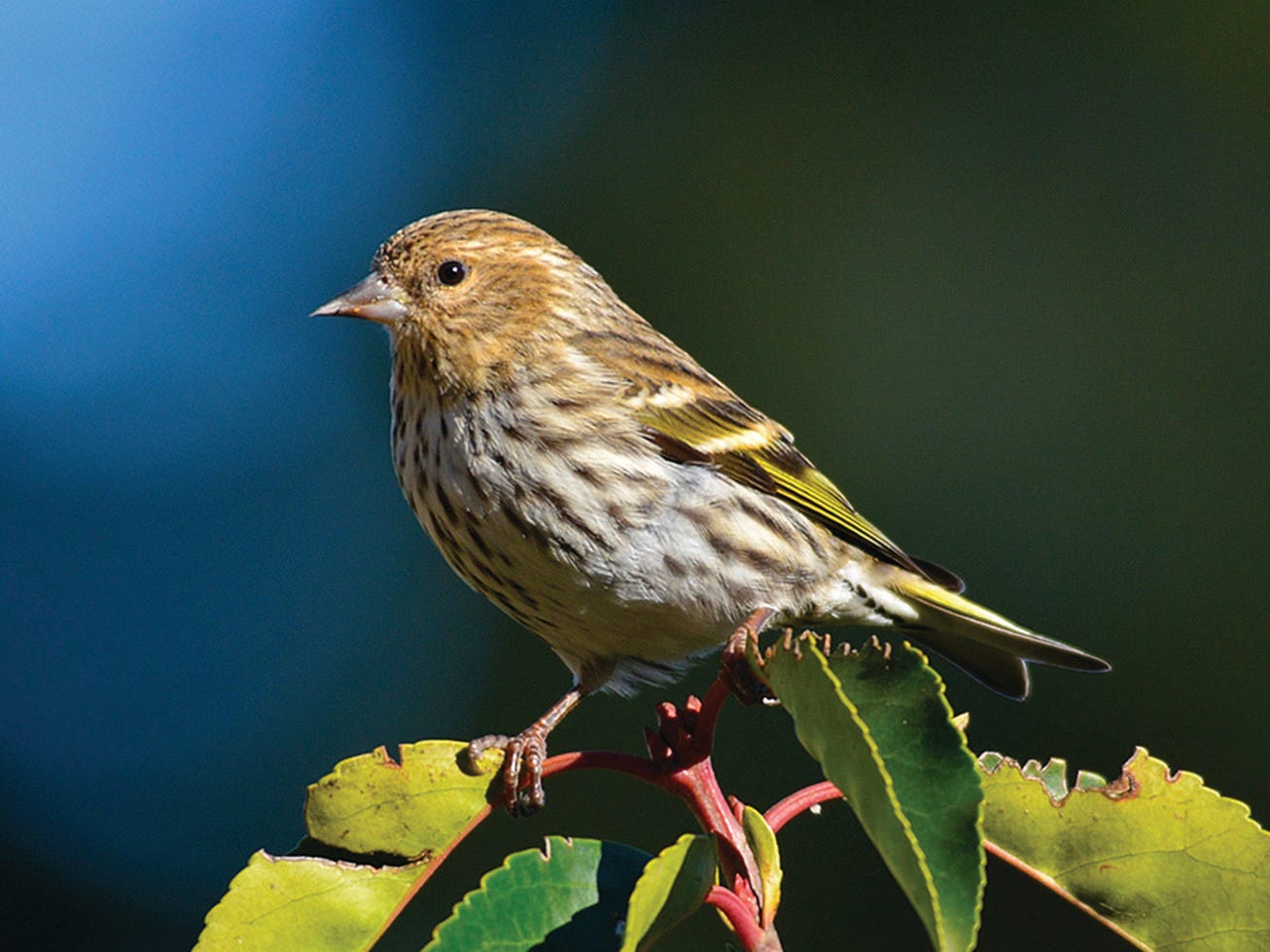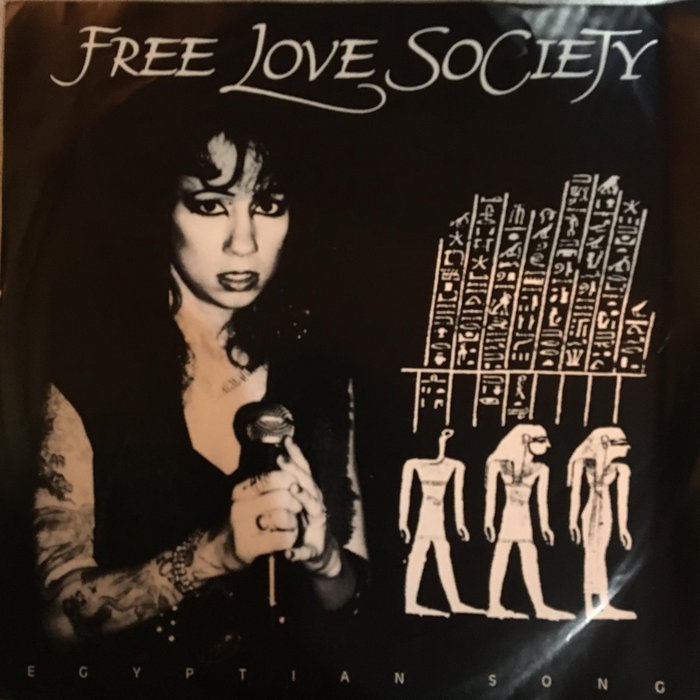

“Where Do The Children Play?” by Cat Stevens (1970) Stevens originally wrote this as an environmental plea, lamenting the rise of technology at the cost of nature.Sadly, Gaye’s take has remained so relevant over the last 45 years that artists as wide-ranging as John Mayer, Sevendust, Grover Washington Jr., and Gil Scott-Heron have covered the track to ensure its message is never forgotten. But this sprawling, epic look at poverty and its effects-from crime to panic-remains the definitive look at how impoverishment and social inequity leads to despair. “Inner City Blues (Make Me Wanna Holler)” by Marvin Gaye (1971) You could pick any song for this list from Gaye’s seminal What’s Going On album.Smith and her late husband, Fred “Sonic” Smith, wrote “People Have The Power” based on the unwavering idealism that people can indeed make a difference. The song’s compelling and lasting power is supported in the ideology by which it was inspired. “People Have The Power” by Patti Smith (1988) Nearly 30 years after its release, Smith’s anthem of political freedom and revolution remains so powerful that U2 and Eagles Of Death Metal played the song together when EODM returned to a Paris stage last December following the November 15 attacks at the Bataclan.It created one of the most moving and thought-provoking anti-war songs ever written.

So it wasn’t surprising when he channeled that empathetic ability into becoming a 21-year-old soldier questioning his role via letter in the Iraqi and Afghan wars before he is set to come home to his loved ones.

We could have discussed Gabriel’s enduring “Biko” or U2’s angry “Silver & Gold,” but neither made this list that we enjoyably agonized over. They eventually helped end the pervasive segregation policy by drawing public attention to the crisis, hitting the government economically as musicians heeded the cries of protest songs and refused to tour in South Africa. The mid-1980s, for example, saw artists such as U2, Peter Gabriel, and Little Steven Van Zandt speak out against apartheid in South Africa.

To narrow this list down was almost overwhelming there are countless songs that have profoundly defined the eras in which they were written, some of which have greatly inspired change. It brings to mind so many songs written over the years that have been instrumental in inspiring awareness and social change, bringing honor to music and voice. N arrowing down a list of songs about social change is a tremendous privilege, but also a challenging one, especially given the immediacy of artists’ responses to the state of the world today.


 0 kommentar(er)
0 kommentar(er)
